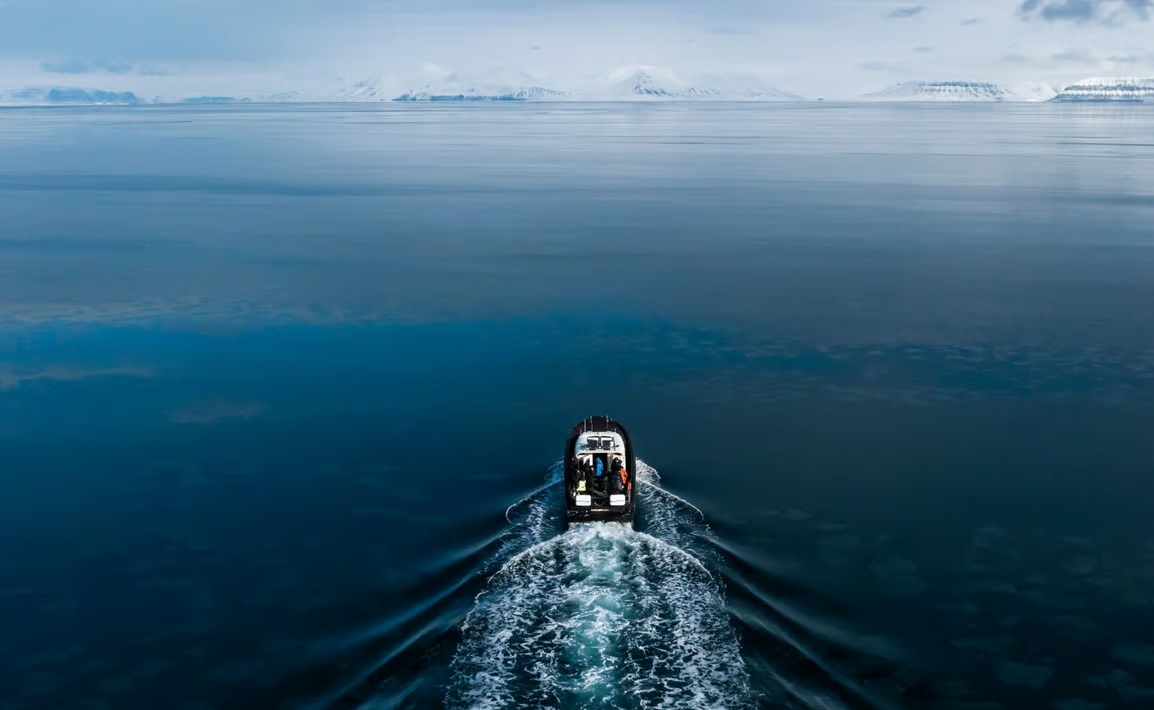Norway, known for its commitment to sustainability and environmental protection, has recently made a controversial decision to approve deep-sea mining. In a groundbreaking move, the Norwegian parliament voted in favor of opening a vast ocean area for commercial-scale deep-sea mining. While this decision has attracted cross-party support within the country, it has also sparked concerns among environmental activists and raised questions about the potential consequences of such actions. This article delves into Norway’s defense of deep-sea mining and examines the arguments presented by both proponents and critics of this pioneering venture.
Exploring New Frontiers
Norway’s approval of deep-sea mining positions it as the first country in the world to move forward with the extraction of minerals from the seabed on a commercial scale. The government argues that this step is essential to break China and Russia’s stranglehold on rare earth minerals, which are crucial for various industries, including renewable energy technologies like electric vehicle batteries, wind turbines, and solar panels. With the demand for these minerals skyrocketing due to the global push towards clean energy, Norway aims to diversify the global supply chain and reduce dependence on a handful of countries.
Sustainability and Knowledge Gaps
While deep-sea mining presents an opportunity to secure critical minerals, it also raises legitimate concerns about the environmental impact. Scientists and environmental campaign groups caution that the full extent of the ecological consequences of deep-sea mining remains uncertain. The extraction process could potentially harm marine life and disrupt the delicate balance of ocean ecosystems. Critics argue that before proceeding with such activities, comprehensive research and understanding of the environmental threats associated with deep-sea mining are imperative.
Norway’s Stance
Despite criticism, Norway’s government defends its decision as a necessary and responsible approach. It emphasizes the importance of collecting more information and filling knowledge gaps before extracting minerals from the seabed. Norwegian Energy Minister Terje Aasland highlights the country’s reliable tradition of resource utilization and sustainability, emphasizing that any mining activities will be approached step by step. The government believes that exploring the potential of sustainable deep-sea mining aligns with its goal of transitioning away from fossil fuels and supporting the global clean energy transition.
The Clash of Perspectives
The approval of deep-sea mining in Norway has created a divide among stakeholders. Environmental activists argue that the decision contradicts Norway’s image as a climate leader and advocate for ocean conservation. They stress that deep-sea mining poses significant risks to marine ecosystems, leading to species extinction, pollution, and disruption of vital oceanic services. On the other hand, proponents of deep-sea mining argue that a responsible and sustainable approach can minimize environmental harm while meeting the growing demand for critical minerals.
The Path Ahead
Norway’s decision to open up its national waters for deep-sea mining sets it apart from the United Kingdom and the European Commission, both of which have advocated for a temporary ban on such activities due to environmental concerns. As companies begin to submit proposals for licenses, Norway’s parliament will evaluate each case individually. The country aims to strike a balance between harnessing the potential of deep-sea minerals and ensuring long-term environmental sustainability.











